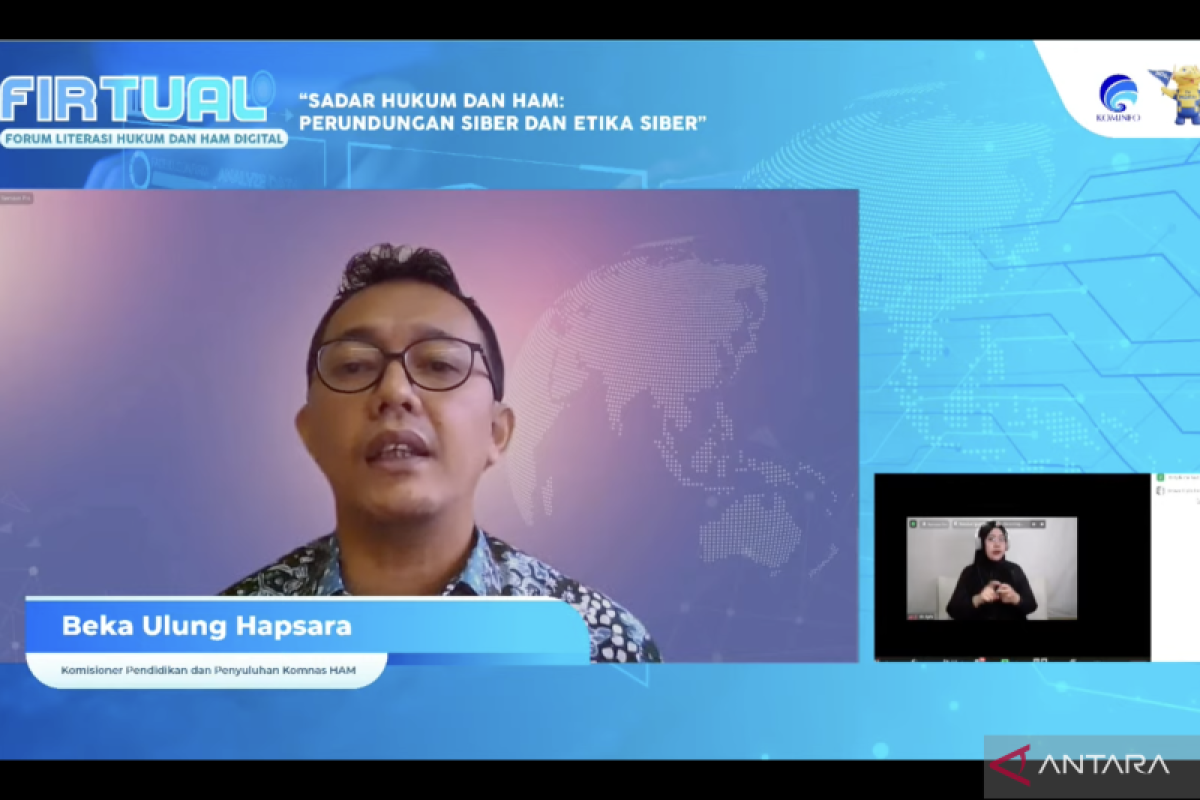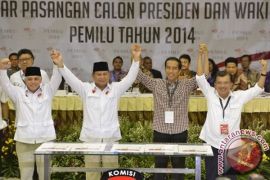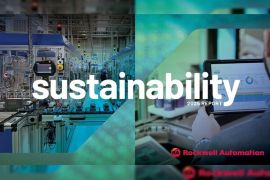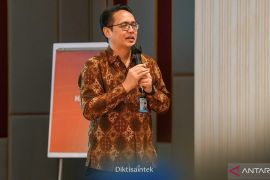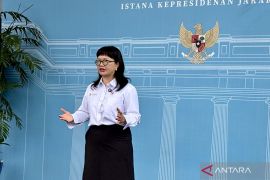“(What constitutes) as hate speech (must meet a) very strict (criteria). Requires high benchmarks or threshold standards," education and counseling commissioner at the commission, Beak Lung Apsara, said during a webinar, accessed online from here on Monday.
Apsara defined hate speech as a statement that expresses hatred, encourages violence against a person or group based on their background, such as race, religion, gender, or sexual orientation.
Hate speech incites intolerance and hatred and demeans and divides people, he said. Thus, to prevent the negative impact of hate speech, some restrictions are placed on the freedom of expression, he explained.
"Human rights also recognizes limitations," he said.
There are two types of restrictions on the freedom of expression, he said. First, personal opinions must not demean the dignity of others, he elaborated.
Related news: Use social media wisely, police tells public
"For example, when we disagree with someone, suddenly, we express our distaste by demeaning other people such as by equating other people with animals," he said.
Second, personal opinions must not endanger national or state security, he added. Both types of restrictions must be regulated by law as they are necessary in a democratic society and are aimed at protecting public order and public health, he said.
“For example, hoaxes about COVID-19 and about vaccines. There must be rules (which prevent their circulation). If it is allowed to (circulate) freely, if there are people who have limited access to information and knowledge, it would prove very dangerous when they are given hoaxes, for sure," he remarked.
In addition, restrictions also need to be enforced to protect public morals, national security, public safety, and protect the property rights of others, he added.
Related news: Cyber police pose risk to Indonesia's democracy: LP3ES
Translator: Putu Indah S, Mecca Yumna
Editor: Rahmad Nasution
Copyright © ANTARA 2022
